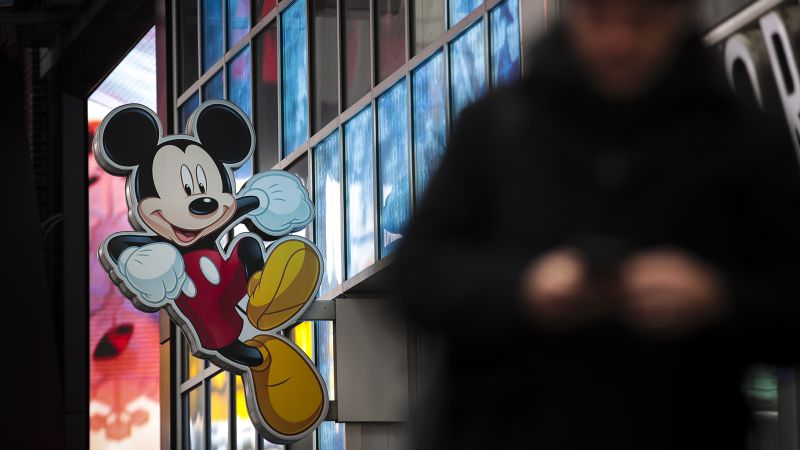
In a landmark development reflecting growing tensions between the entertainment industry and artificial intelligence companies, Disney and Universal Studios have filed a joint lawsuit against Midjourney, the AI-powered image generation platform. This represents the first high-profile legal action by major Hollywood studios targeting an AI company over alleged copyright infringement.
The studios allege that Midjourney unlawfully used copyrighted content owned by Disney and Universal to train its AI models, enabling the platform to generate images that closely resemble or replicate characters, artwork, and other intellectual property without proper licensing or authorization. According to legal documents submitted in the case, the plaintiffs argue that Midjourney’s image outputs frequently mimic visual styles and signature elements from well-known films and franchises, violating both copyright and trademark laws.
This lawsuit comes amid growing scrutiny of generative AI technologies and their potential to disrupt traditional content creation. While companies like Midjourney argue their models operate under fair use or rely on publicly available data, content creators and rights holders are increasingly pushing back, warning that unchecked AI development could undermine legal protections for intellectual property holders.
Industry analysts note that the outcome of this lawsuit could set a critical precedent for how copyright law is interpreted in the context of AI training and content generation. The case also highlights the broader debate about the ethical and legal responsibilities of AI developers when monetizing models trained on creative works.
Neither Disney nor Universal has issued a public statement beyond the court filings, and Midjourney has yet to respond formally to the allegations. Legal experts expect the case to draw significant attention from tech companies, content creators, and policymakers as it unfolds.
This lawsuit is the latest indication of rising legal and regulatory challenges for AI firms as their tools become more embedded in media, business, and creative industries. The resolution could have far-reaching implications for how AI-generated content is regulated and who ultimately controls the rights to digital creations in the age of artificial intelligence.
Source: https:// – Courtesy of the original publisher.








